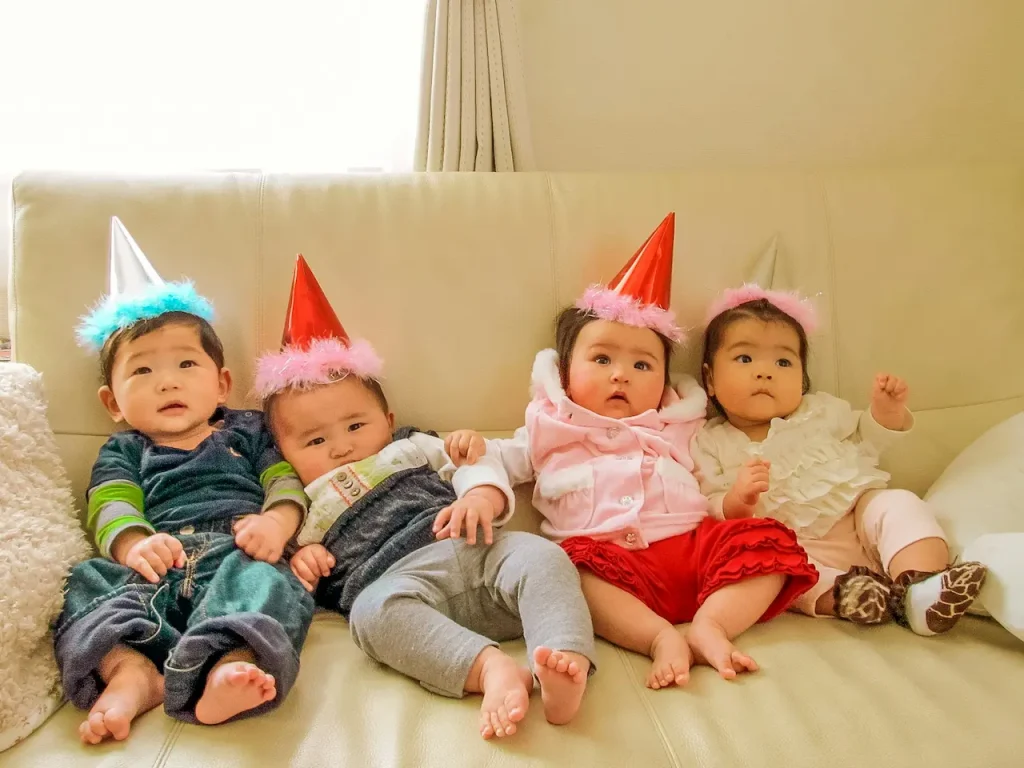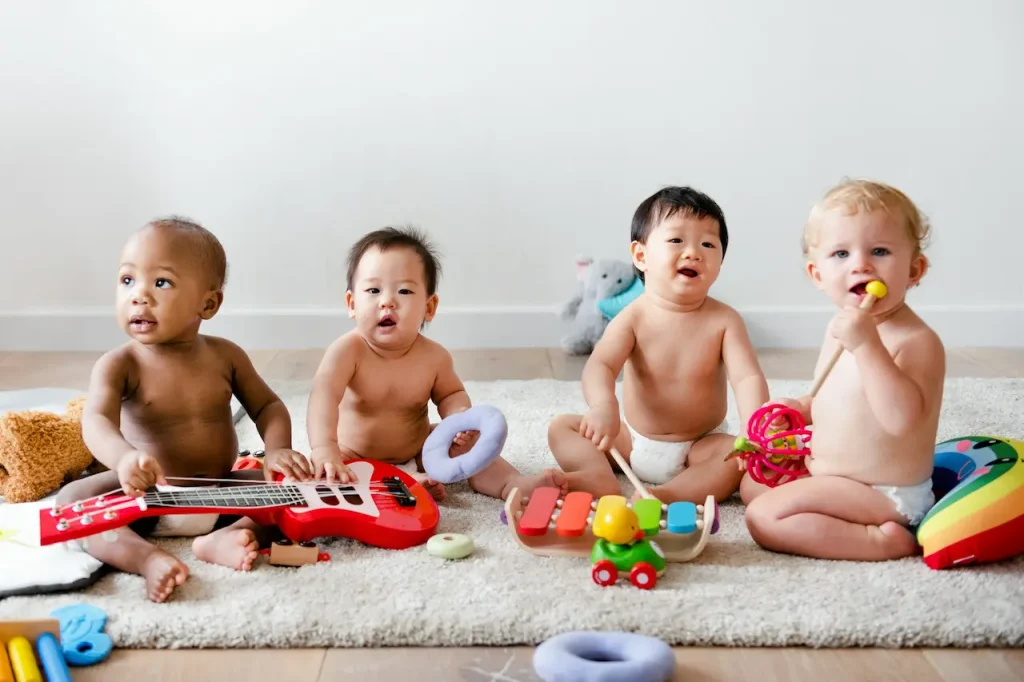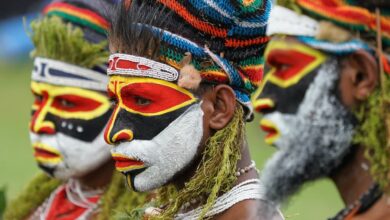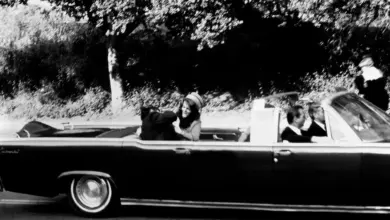Four babies are born every second somewhere in the globe. This is more than 131 million births per year, a testament to the life-force that never stops. 4 Babies a second shows that each birth is not just a statistic, but also a moment of anticipation, fear and hope.
The cameras are respectful and reserved, from the first contractions through to the silent prayers by parents. The drama unfolds not only as a medical procedure but also, and perhaps more importantly, as human drama. It is carried by raw emotions and the raw stakes in life.
A mosaic of birth experiences across continents
The strength of For Babies a Second is its global perspective. Africa and Asia, Europe and the Americas are all home to maternity wards that are a hive of activity in different languages and customs. In one episode, we see a birthing setting shaped by limited resources, where midwives provide warmth, faith and simple tools, with exceptional care. In another episode, a high-tech hospital uses sleek machines to monitor every heartbeat.
By juxtaposing these stories, the series is transformed into a Mirror that reflects social, cultural and economic disparities. The unmistakable theme that runs through each story is the fragile and powerful birth of a child, the dedication of caregivers, and the joyous cradling of a baby by a parent for the very first time.

Pain, Perseverance and the Heart of Humanity
Often, these birth stories are rife with hardship and uncertainty. Some women have to endure long, painful labour. Others face complications at a time when joy is supposed to be the dominant emotion. We see endurance in the eyes of mothers who breathe through every contraction, the calm hands of midwives in crises, and the quick decisions made by doctors in split seconds.
The film doesn’t hide the pain. The documentary shows tears, stillbirths and emergencies. It also shows the resilience of parents who gather courage and support one another, or who hold their new baby against aching chests.
Birthing Professionals: The Unsung Heroes
If Four Babies in a Second has taught us anything, it is that modern birthing involves less lying back and more partnership between mother and caregiver, science and tradition.
The spotlight is on the nurses, midwives and pediatric teams. They do so quietly, competently and compassionately. These unsung heroes weave together medical knowledge, compassion, and timing to transform hospital rooms into sanctuaries for care.
Their words – a soothing reassurance or factual update. A gentle joke. Even more power is held in their hands when they guide a mother or ease a newborn’s first breaths.
Birth as a Cultural Tapestry
Birth customs can be echoes of centuries. In some scenes, we see rituals – traditional blessings, chanting and specific foods being served post-labour. Elders are watching with caring eyes. In other scenes, hospital protocols are sterile and efficient.
It’s not the stories of people that make each method meaningful, but rather their. The gravity of a child’s birth is the same whether it takes place under fluorescent lights or amid traditional rhythmic songs. Birth is the bridge that connects what was and what will be in every culture.
The Promise of Those First Minutes
When a newborn is placed into a mother’s trembling hands, we see the world stop. The first moment of skin-to-skin is a powerful one, whether the baby entered the world with a scream or wriggled out of breath. Nurses announce Apgar scores softly. Fathers weep. Silently, grandmothers hold hands. The room vibrates as the future is wrapped in a small body.
These moments, even amid unrest, reflect a common truth: each newborn is a new beginning, a chance to dream new dreams, heal new wounds, and have new hopes.

Why 2 Babies and a Second is Important
- Empathy beyond borders: This documentary shows us as fellow human beings, experiencing in real life the stakes of a new life.
- Insights into disparity and resilience: We gain an understanding of how geography and economics shape birth trajectory.
- An appeal to recognise caregivers. This series highlights the voices and stories from those who devote themselves to the sacred task of childbirth.
- A universal connection: This is how we all began. Our collective origin is proof of fragility and power woven together.
Final Reflections: The Birth Song is Our Shared Song
In an age where dashboards and data are the norm, 4 Babies a second takes us back to what is visceral and immediate. A beating heart, a mom’s sigh or the sliding of a baby blanket over their body. It reminds us of the extraordinary moments in life that we only see when they happen to us.
This is not just a documentary. This is more than a documentary. It’s a testament to pain and triumph, risk and reward and endings and new beginnings. Above all, it is dedicated to the silent heroes who have made birth the miracle at the heart of the world.




